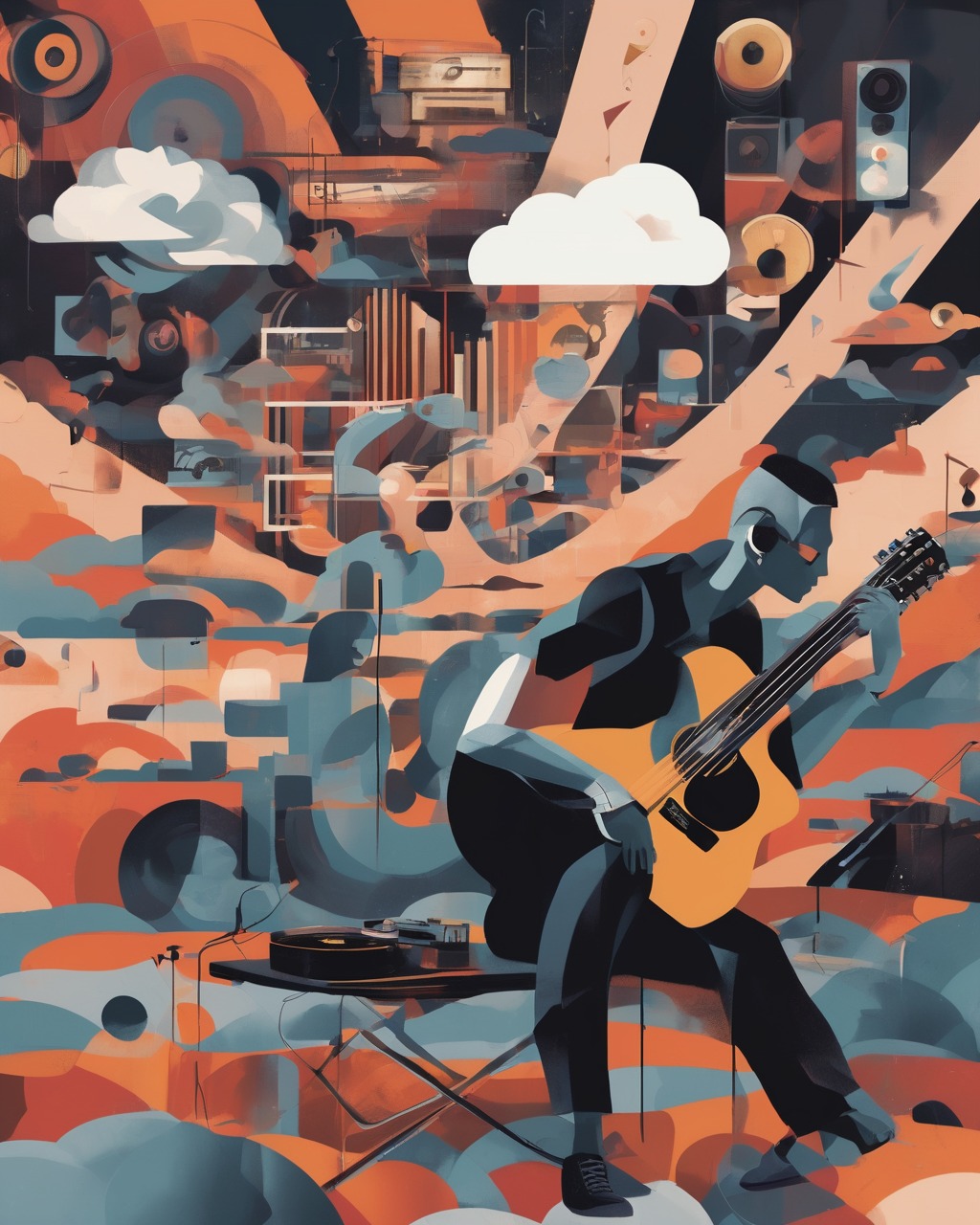Exploring the Trend: Why Musicians Are Pulling Their Music from Spotify
 Max Mayer
Max Mayer
In recent months, a notable trend has emerged within the music industry: a growing number of musicians are choosing to remove their music from Spotify. This decision has sparked discussions about the platform's royalty structure, the impact of artificial intelligence (AI) on music distribution, and the broader implications for artists and their livelihoods. As artists grapple with the realities of streaming economics, the motivations behind this movement reveal significant concerns regarding fair compensation and the future of music consumption.
The Royalty Dilemma
At the heart of the controversy is Spotify's royalty payment system, which many artists criticize as inadequate. According to reports, Spotify pays an average of $0.003 to $0.005 per stream, a figure that has drawn ire from musicians who argue that such rates are unsustainable for their careers. For instance, an artist would need millions of streams to earn a livable income, a scenario that is increasingly difficult in a saturated market where new music is released daily. As a result, some musicians are opting to withdraw their catalog from the platform to protest these low payouts and to seek alternative distribution methods that may offer better financial returns.
The Role of AI in Music Distribution
Another factor influencing artists' decisions to leave Spotify is the rise of AI in music creation and distribution. The integration of AI tools in the music industry has raised questions about authenticity and the value of human creativity. Musicians are concerned that the proliferation of AI-generated music could further dilute their earnings and undermine the unique qualities of their work. As AI continues to evolve, it poses a challenge to traditional music distribution models, compelling artists to reassess their relationship with platforms like Spotify.
The Artist's Perspective
The decision to remove music from Spotify is not taken lightly. For many artists, the platform has been a vital avenue for reaching audiences worldwide. However, the frustration with the current economic model has led some to explore alternatives, such as Bandcamp or direct-to-fan sales, which can provide more favorable terms. For example, Bandcamp allows artists to set their own prices and receive a larger share of revenue, fostering a more equitable relationship between creators and platforms.
Case Studies of Withdrawal
Several high-profile artists have made headlines by pulling their music from Spotify. Notably, musicians like Neil Young and Joni Mitchell have publicly criticized the platform, citing concerns over its treatment of artists and the spread of misinformation. Their withdrawals have ignited conversations about the ethical responsibilities of streaming services and the need for reform in how artists are compensated.
Implications for the Music Industry
The trend of musicians removing their music from Spotify raises critical questions about the future of the music industry. If more artists choose to withdraw, it could signal a shift toward a more artist-centric model of music distribution. This shift may encourage streaming services to reconsider their royalty structures and adopt more transparent practices that prioritize fair compensation for creators.
Moreover, as artists explore alternative platforms, the landscape of music consumption could change significantly. Fans may need to adapt to new ways of accessing music, potentially leading to a resurgence of physical media sales or a greater emphasis on live performances and merchandise as income sources for artists.
Conclusion
The movement of musicians removing their music from Spotify underscores a pivotal moment in the music industry, characterized by growing dissatisfaction with streaming economics and the influence of AI. As artists advocate for better compensation and explore alternative distribution methods, the implications for the future of music consumption are profound. This trend not only highlights the challenges faced by artists in the digital age but also emphasizes the need for a more equitable framework that supports creativity and sustains the livelihoods of musicians. As the industry evolves, it will be crucial for all stakeholders—artists, platforms, and consumers—to engage in meaningful dialogue about the value of music and the fair compensation of those who create it.
📚 Sources
indianexpress.com | reddit.com | youtube.com | thefader.com
This post was researched and generated using multiple sources to ensure accuracy and provide comprehensive coverage of the topic.
Subscribe to my newsletter
Read articles from Max Mayer directly inside your inbox. Subscribe to the newsletter, and don't miss out.
Written by
